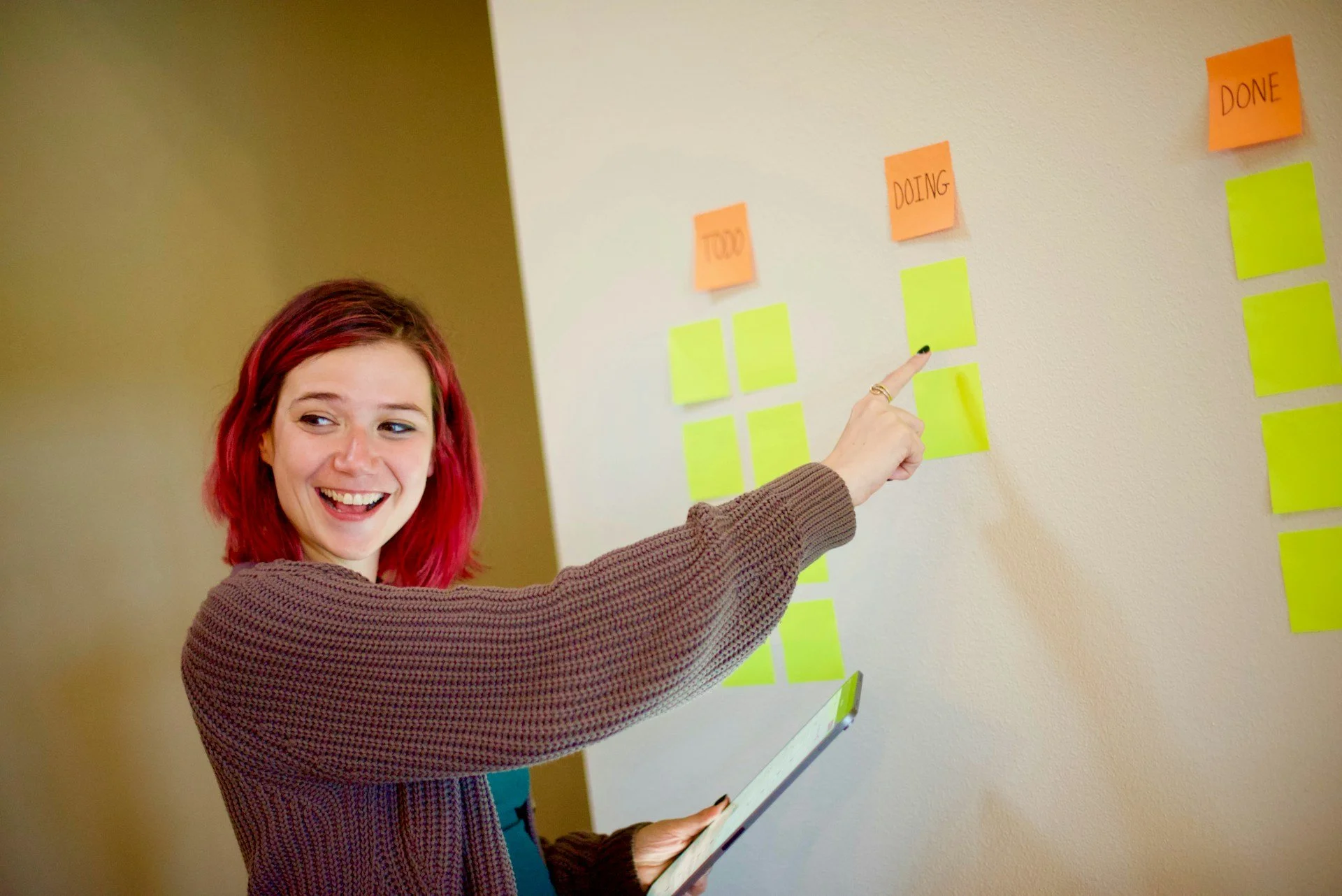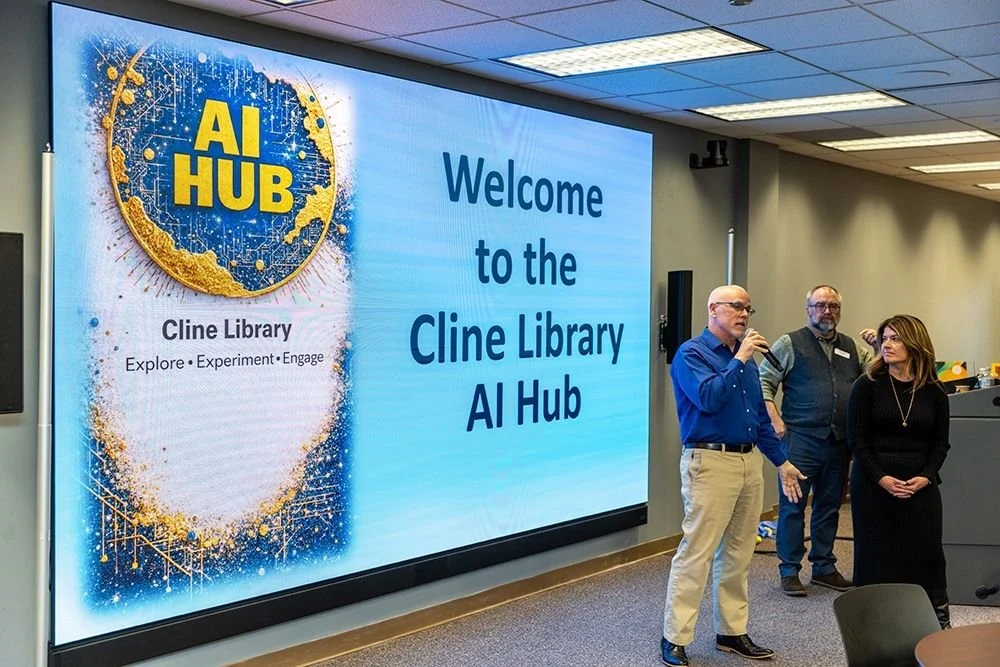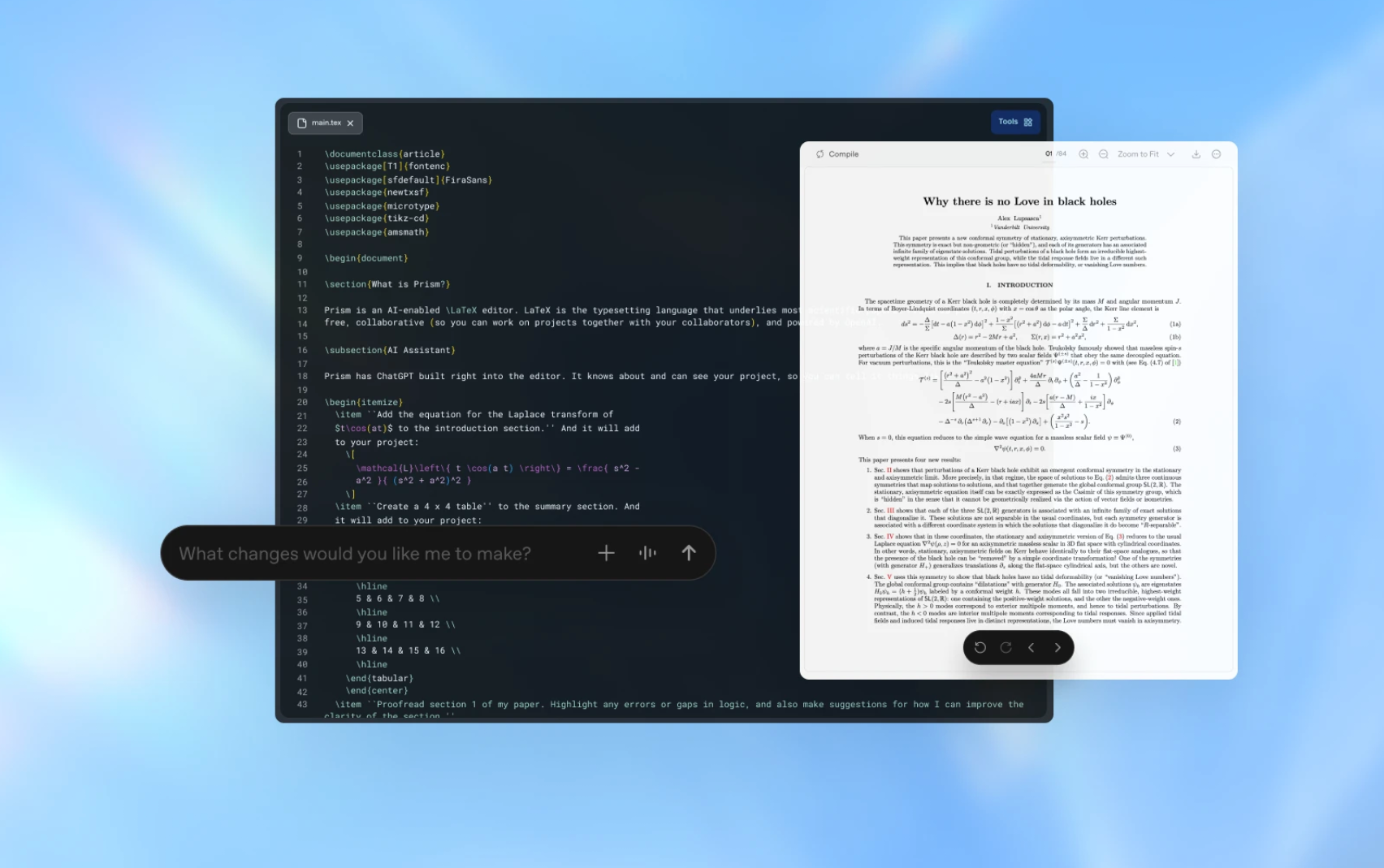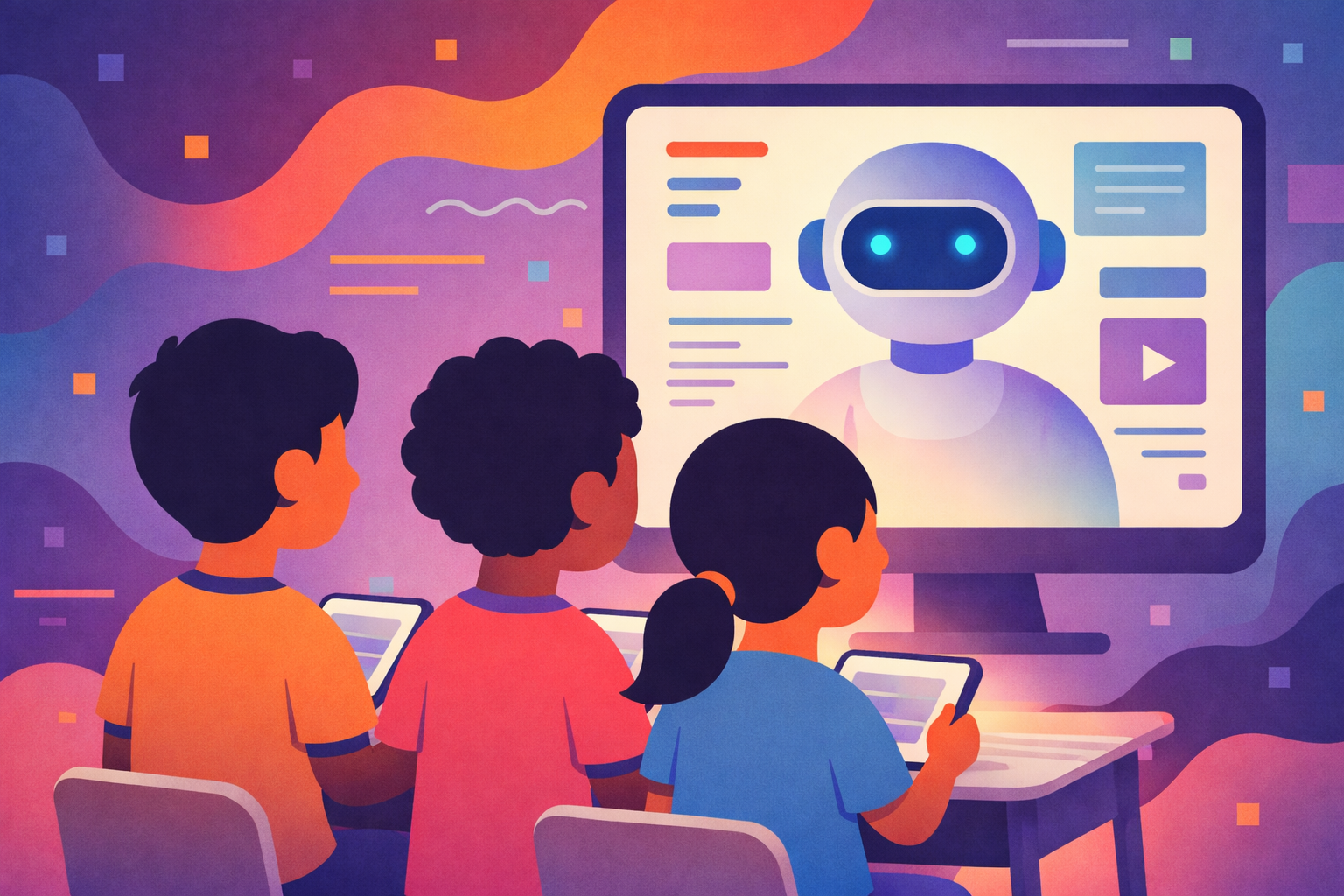This week in EdTech: AI in schools, Anthropic expansion, and new robotics programs
From AI in US classrooms to new robotics academies and major EdTech partnerships, here are the top ten stories you need to know this week.
This week’s EdTech headlines range from new research on AI awareness in schools to Anthropic’s latest education and enterprise moves. We also saw fresh robotics and cybersecurity programs, AI policy proposals from leading universities, and product expansions in both the US and global markets.
10. Study links school experiences to increased emotional burden in autistic and ADHD adolescents
Research from King’s College London, UCL, and Anna Freud found that autistic and ADHD students report a greater emotional impact from negative school events than their peers. The study involved 735 students and resulted in the development of the My Emotions in School Inventory tool to better understand students’ emotional responses.
9. Rachel Lo exits Shopify to join Anthropic in Member of Technical Leadership role
Rachel Lo has moved from Shopify to Anthropic as the AI company expands in education and enterprise. New Claude for Education integrations with Wiley, Panopto, and Canvas are rolling out, while Claude for Enterprise is scaling at Lawrence Livermore National Laboratory to support research in multiple scientific fields.
8. Code Ninjas launches new AI and Robotics Academies and Drone Club
Code Ninjas has introduced programs for children aged five to 14 that cover generative AI, robotics, and drone flight. Learners will use Lego Spike kits, take part in aerial challenges, and work on creative problem-solving tasks that feel closer to a STEM club than a classroom worksheet.
7. Duke University’s Cybersecurity Master’s program partners with Resecurity
Duke University has partnered with Resecurity to integrate real-world threat intelligence into its Cybersecurity Master’s program. Students will access the Context platform, attend specialist lectures, and take part in internships that provide hands-on experience with the same tools used in high-security environments.
6. Pearson and HCLTech partner on AI-powered workforce and learning tools
Pearson and HCLTech have announced a multi-year agreement to co-develop AI-enabled learning products and workforce solutions. The plan includes a joint AI technology lab, market-ready education tools, and the integration of Pearson products into HCLTech’s internal learning infrastructure for its global workforce.
5. Google DeepMind unveils Genie 3, a text-to-world AI model
Google DeepMind has launched Genie 3, which creates interactive 3D environments directly from text prompts. The system maintains visual and physical consistency for up to one minute, offering potential for virtual field trips, simulation-based learning, and immersive experiences in subjects like science and history.
4. Harvard, Berkeley and others push for science-led AI policy
A coalition of leading universities has called for AI regulation to be based on credible and actionable evidence. Recommendations include requiring pre-release model evaluations, safeguarding independent researchers, and strengthening social protections to address the unique risks presented by advanced AI technologies.
3. Preply launches AI-powered features while keeping human tutors central
Preply has released lesson insights, daily exercises, and scenario practice tools designed to work alongside human tutors. The company says its hybrid model offers a balance between AI-driven personalisation and the trust, empathy, and cultural understanding that come from real human interaction.
2. Jotit targets US public schools with new subsidiary and product updates
Jotit is expanding into public school districts across multiple US states with Canvas LMS integration and new handwriting-focused tools. The launch follows a $10 million Seed Round and aims to combine traditional learning skills with technology that reduces classroom distractions.
1. Survey finds 64 percent of US teenagers are not taught about AI
Junior Achievement’s latest survey found that most US schools are not teaching AI literacy, even as student use of AI for schoolwork continues to grow. More than half of respondents view AI-assisted homework as cheating, highlighting a gap between classroom practice and students’ real-world tech use.
























